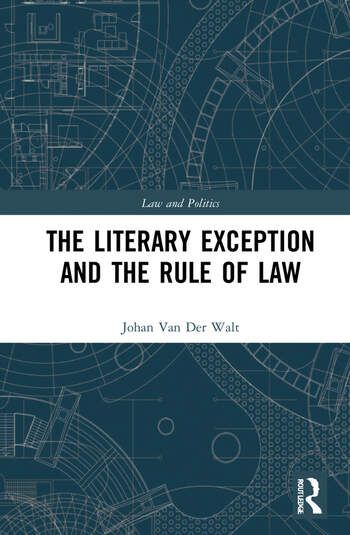
The Law and Literature movement that has gained global prominence in the course of last decades of the twentieth and first decades of the twenty first centuries has provided the research and teaching of law with a considerable body of new and valuable knowledge and understanding. Most of the knowledge and insights generated by the movement concern either a thematic overlap between legal and literary discourses – suggesting they deal with the same moral concerns – or a rhetorical, semiotic or general linguistic comparability or ‘sameness’ between them – imputing to both the same or very similar narrative structures.
This book recognises the wealth of knowledge generated by this approach to the relation between law and literature, and acknowledges its debt to this genre of scholarship. It nevertheless also proposes, on the basis of a number of revealing phenomenological inquiries, a different approach to law and literary studies: one that emphasises the irreducible difference between law and literature. It does so with the firm believe that a regard for the very different and indeed opposite discursive trajectories of legal and literary language allows for a more profound understanding of the unique and indeed separate roles that the discourses of law and literature generally play in the sustenance of relatively stable legal cultures.
This important rethinking of the relationship between law and literature will appeal to scholars and students of legal theory, jurisprudence, philosophy, politics and literary theory.